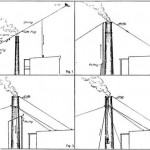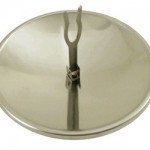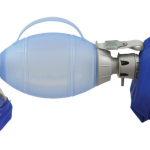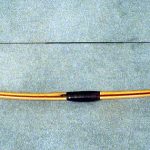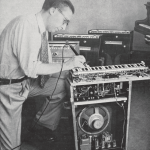“The reaction of most people when I tell them I’m a scythe teacher is the same: incredulity or amusement, or polite interest, usually overlaid onto a sense that this is something quaint and rather silly that doesn’t have much place in the modern world. After all, we have weed whackers and lawnmowers now, and they are noisier than scythes and have buttons and use electricity or petrol and therefore they must perform better, right? Now, I would say this of course, but no, it is not right. Certainly if you have a five-acre meadow and you want to cut the grass for hay or silage, you are going to get it done a lot quicker (though not necessarily more efficiently) with a tractor and cutter bar than you would with a scythe team, which is the way it was done before the 1950s. Down at the human scale, though, the scythe still reigns supreme.”
“A growing number of people I teach, for example, are looking for an alternative to a brushcutter. A brushcutter is essentially a mechanical scythe. It is a great heavy piece of machinery that needs to be operated with both hands and requires its user to dress up like Darth Vader in order to swing it through the grass. It roars like a motorbike, belches out fumes, and requires a regular diet of fossil fuels. It hacks through the grass instead of slicing it cleanly like a scythe blade. It is more cumbersome, more dangerous, no faster, and far less pleasant to use than the tool it replaced. And yet you see it used everywhere: on motorway verges, in parks, even, for heaven’s sake, in nature reserves. It’s a horrible, clumsy, ugly, noisy, inefficient thing. So why do people use it, and why do they still laugh at the scythe?”
“To ask that question in those terms is to misunderstand what is going on. Brushcutters are not used instead of scythes because they are better; they are used because their use is conditioned by our attitudes toward technology. Performance is not really the point, and neither is efficiency. Religion is the point: the religion of complexity. The myth of progress manifested in tool form. Plastic is better than wood. Moving parts are better than fixed parts. Noisy things are better than quiet things. Complicated things are better than simple things. New things are better than old things. We all believe this, whether we like it or not. It’s how we were brought up.”
Read more: “Dark Ecology, searching for truth in a post-green world“, Paul Kingsnorth, Orion Magazine. Image source. Related: The motorized “solution” to harvesting wheat in Nepal.
